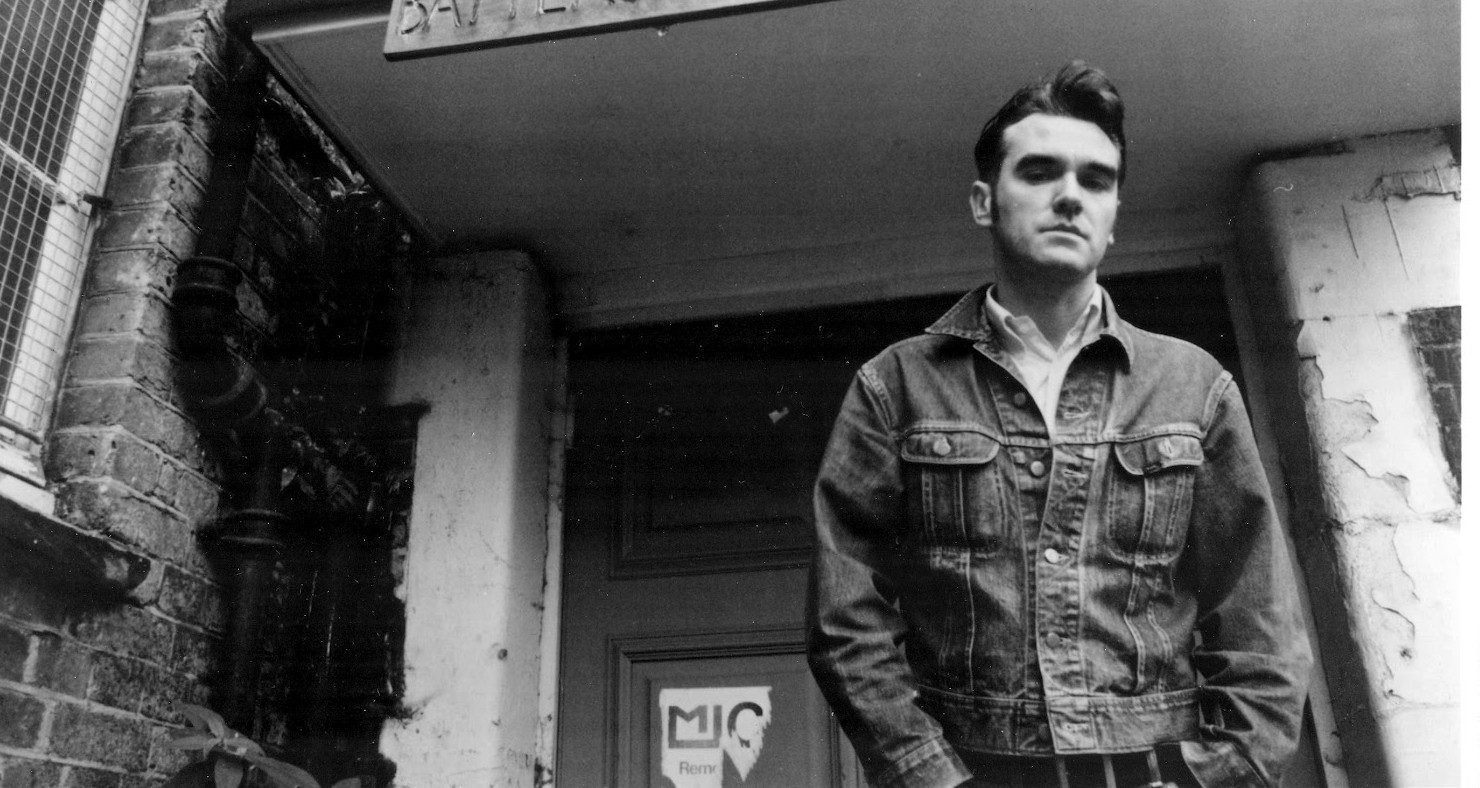Morrissey’s Low in High School is a low point
After ten solo albums and countless label changes, no-one could be blamed for being skeptical that Morrissey’s Low in High School would deliver anything new. While new music from the former Smiths frontman used to be met with excitement, now there’s just a general unease and a hope that it won’t be too embarrassing.
It opens on a strong point: ‘My Love, I’d do Anything for You’ has a big, guitar-heavy sound, and is catchy, enjoyable and full of life. However, after a great start, it’s downhill. Second track ‘I Wish You Lonely’ has the same full sound, but this already feels repetitive. Lyrically, it calls back to the fantastic, self-pitying, and tragic lyrics Morrissey in both his Smiths and solo days is loved for (think ‘Unhappy Birthday’ or ‘We Hate it When our Friends Become Successful’) but it doesn’t feel the same – there’s somehow just no heart to it.
The track is a throwback to when Morrissey’s songs were both witty and wonderfully miserable: a high point for the album
‘Home is a Question Mark’, however, is a refreshing contrast. The dramatic ballad-esque melody soars to euphoric heights but also suggests a genuine sadness and vulnerability, which comes through with the refrain “if I ever find home, if I get there, would you meet me?” There’s also a return to that specifically Morrissey-type of humour when it’s followed with “wrap your legs around my face just to greet me”. The track is a throwback to when Morrissey’s songs were both witty and wonderfully miserable: a high point for the album.
It’s a shame then, when the album immediately lapses into the heavy-handed un-artistry of Morrissey’s attempts at political songs. ‘Spent the Day in Bed’, ‘I Bury the Living, In Your Lap’, and ‘The Girl from Tel-Aviv who Wouldn’t Kneel’, are all painfully unsubtle jabs at societal ills – the news cycle, the military, instability in the Middle East, and US intervention respectively – and while Moz’s heart seems to be in the right place, there’s simply no depth here.
It’s such a lazy, crude approach to such a serious issue that it comes off as insulting
After being bombarded with lyrics like “If you wonder what’s in my head, it’s a just a hatred for all human life” (‘I Bury the Living‘), “They live to kill and they love just to harm” (‘In Your Lap‘), and “What do you think all these armies are for? Just because the land weeps oil” (‘The Girl from Tel-Aviv‘), you just start to feel exhausted. The painful obviousness of the lyrics and the sheer volume of unoriginal political tracks makes listening to the album feel like Morrissey is just ranting in your face. Morrissey has always been known for political lyrics, but this is a far cry from the brilliance of ‘Margaret on the Guillotine’ or ‘Meat is Murder’.
The final nail in the coffin for Morrissey’s political ventures is ‘Who will Protect Us from the Police?’ Despite a fantastic intro of synthesisers and scuzzy guitar, the track quickly deteriorates, and the refrain – “Say, daddy, who will protect us from the police?” – is not something anyone wants to hear a sixty year old man shout. And it’s such a lazy, crude approach to such a serious issue that it comes off as insulting.
There are brighter spots to the album though: ‘All the Young People must Fall in Love’ is a delicate, sweet appeal for love in a turbulent time, with a sunny piano melody and hopeful lyrics. ‘Israel’ is another piano based song, and has a very sad, slow, and serious tone to match ‘All the Young People’s’ happy one. It features lyrics that are simultaneously tragic, and funny and snide: like “if you’re happy Jesus sends you straight to hell”. Other non-rant tracks are less memorable: the pop rock ‘Jacky’s Only Happy when she’s Up on the Stage’ and folksy ‘When You Open your Legs‘ are bland but fun.
All in all the album simply isn’t cohesive; it’s just a list of political rants punctuated by bland pop, delivered in the same tone of voice and with the same bitter attitude. It’s disappointing to have yet another forgettable and awkward album from someone who once released generation-defining anthems full of wit and pathos. Apart from a few wonderful exceptions, Morrissey’s humour, his melancholy, and his beautiful, vulnerable vocals are gone, replaced by an angry old man lecturing the listener.

Comments (2)
Meh, I disagree, Spent the Day is a great song.
You sound very political leaning yourself. Morrissey lyrics have always been with subtle and direct jabs. Your criticism is unfounded. I believe your agenda directs your opinion.